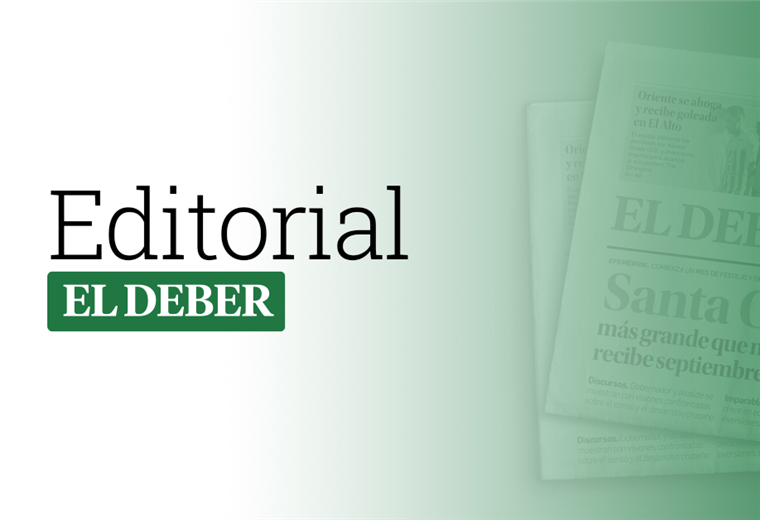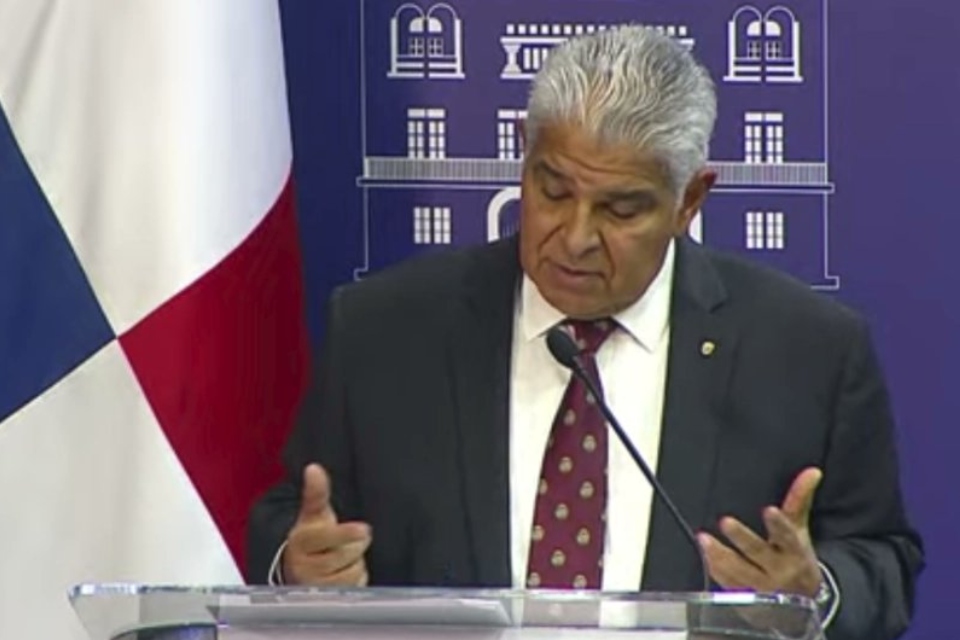December 23, 2024, 3:00 AM
December 23, 2024, 3:00 AM
When the noise of Christmas and New Year is over, Bolivia will be immersed in the electoral process of 2025. This is the date set for the most important elections in recent years that will allow for the election of president, vice president, senators and deputies. These elections must be protected to reduce their vulnerability, especially when there is a Plurinational Constitutional Court that has proven to have no scruples when it comes to working for the interests of the power in power, which is not precisely the one that most interests citizens in general.
The member of the Supreme Electoral Tribunal, Tahuichi Tahuichi, warns with concern that the 2025 elections are in danger and there are several reasons for this concern.
One of these factors is distrust in the Electoral Registry. Regarding this, this member affirmed that there is time to request that universities and delegates of political parties, with the support of the OAS, carry out a review, with which he assured that it is possible to open the voter registry in order to dispel doubts in citizens and among the participants in the process. Although individual data must be private, agreements can be reached on basic parameters that allow us to reach the objective.
The main concern has to do with the intervention of the Plurinational Constitutional Court which, with self-prorogated members beyond what is established by the Political Constitution of the State, managed to have the judicial elections divided, so that the majority of the TCP magistrates remained in office. their functions, thus constituting a dangerous suprapower.
Thus, there is concern that this TCP will interfere in national elections, annulling candidacies and stages of the process.
On the other hand, the Plurinational Legislative Assembly went on recess at the end of the year without having discussed the draft law on seats, despite the fact that the proposal had reached this power in October. The approval of this rule will allow the application of data from the Population and Housing Census; That is, that political representation is in accordance with the number of inhabitants. If this law is not given the green light, the seats will be distributed as before the census, violating the rights of the regions. The “indifference” demonstrated by legislators is a sign that they do not measure up to the responsibility assigned to them.
A political summit must be held in January to secure the national elections. It must have the participation of all political forces, the Electoral Body, the Constitutional Court and the Legislative Branch. In this meeting, compromises would have to be reached so that the electoral process is guaranteed. That is why it is key that all those invited attend.
Citizens must press for the electoral process to be protected, especially when concerns arise regarding authoritarian temptations or when it is questioned whether the elections can be held in 2025. There is ample and justified distrust in the Constitutional Court, which is why its Members have the obligation to demonstrate that they are capable of working based on the citizen’s interest and not based on the power of the day or other conveniences.
Bolivia is experiencing a sensitive moment in which political uncertainty coincides with an economic crisis that tends to worsen. That is why now more than ever, high commitment is needed from those who have the most important institutions in the country in their hands.















